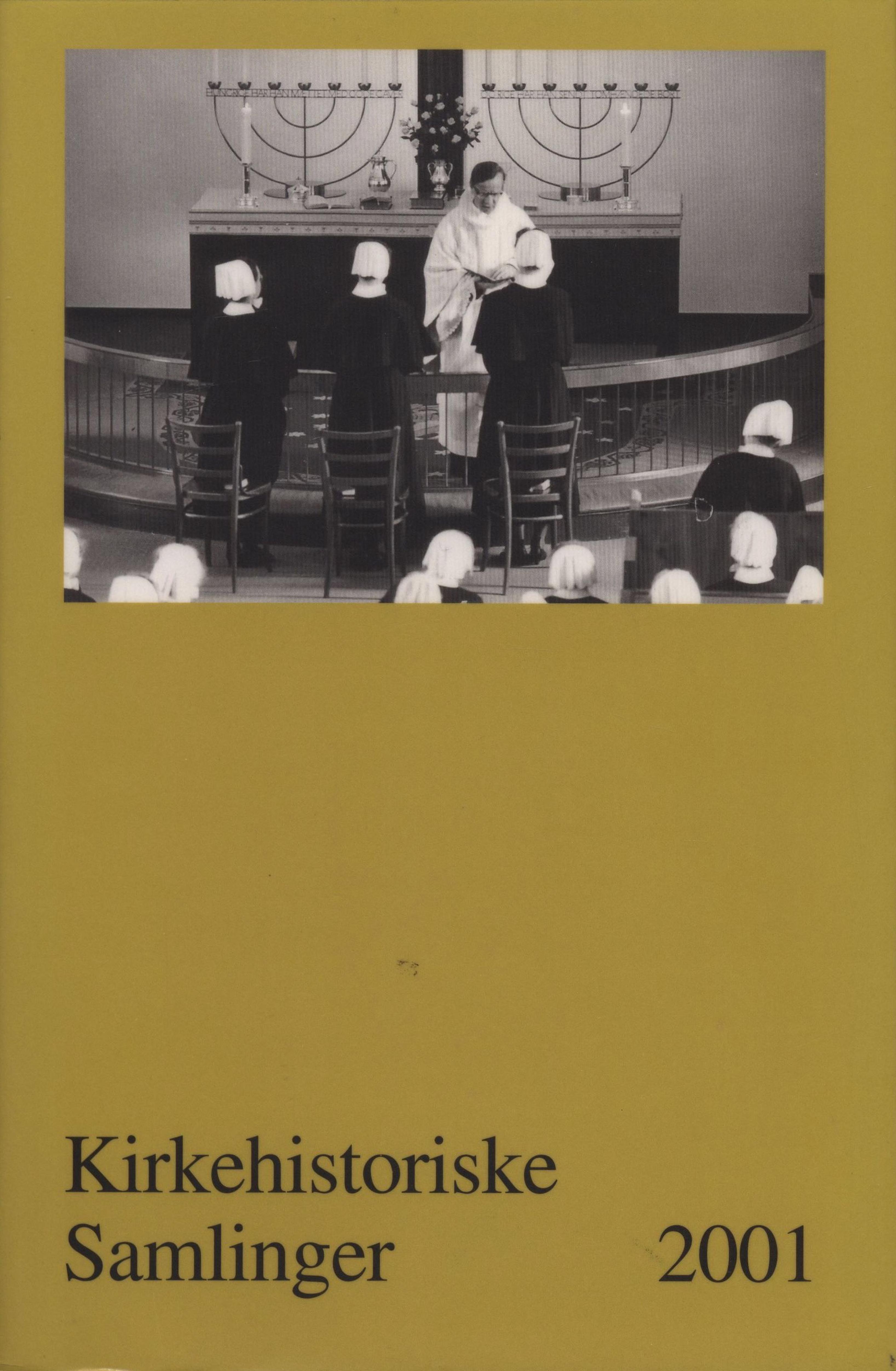Publiceret 15.12.2001
Citation/Eksport
Copyright (c) 2024 Tidsskriftet Kirkehistoriske Samlinger

Dette værk er under følgende licens Creative Commons Navngivelse – Ingen bearbejdelser (by-nd).
Resumé
In contrast to the other Nordic countries, the ritual for dedication of deaconesses and deacons is not a part of the official liturgy of the Danish Folk Church and deacons are not employed in the Church. The dedication of deaconesses and deacons has always been performed as a private religious act, connected to the deaconal institutions. There are three Danish deaconess houses, Den danske Diakonissestiftelse, established 1863, Sankt Lukas Stiftelsen, established 1900 and Kolonien Filadelfias Diakonissehus, established around 1897. Deacons have been educated and dedicated at two schools, Kolonien Filadelfias Diakonskole, established around 1906 and Diakonhøjskolen in Århus (the deaconal college), established 1920. The question of the dedication has been discussed with Danish bishops on several occasions. In 1867 Diakonissestiftelsen wanted to dedicate the first deaconesses, inspired by the tradition in the German deaconess houses, most notably Kaiserswerth. The matter was discussed with bishop Martensen in Copenhagen who at first would not allow the ceremony to take place in the church. He suggested it should be performed in the living room of the deaconess house, but later agreed to the ceremony taking place in public. In 1901 the bishop in Copenhagen, Skat Rørdam, refused to perform the dedication of the matron of Sankt Lukas Stiftelsen, because it would give this private institution an official standing in the Church. In 1925 the leader of Århus Diakonskole, Dr. Hoff, wrote to all the Danish bishops, hoping to have the ritual for dedication of deacons accepted by the bishops. The bishops approved the ritual in January 1927, having made some changes in the text of the ritual. Especially bishop Gøtzsche in Viborg commented on the text. In the early 1960’s the Liturgical Commission was interested in the dedication rituals, but they were not included in the suggestion for the new book of rituals in 1963. Due to the private status of the dedication act, the texts of the rituals has been revised in many ways over the years, since almost every leader of a deaconal institution has wanted to improve the ritual. There have been several theological understandings of the dedication act, but mostly it has been regarded as a blessing for the future social work of the new deaconesses and deacons.

